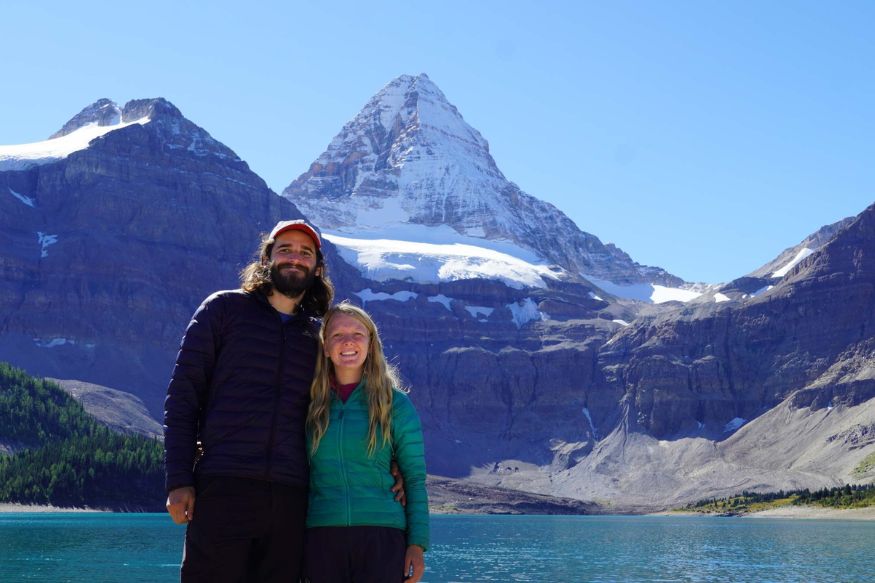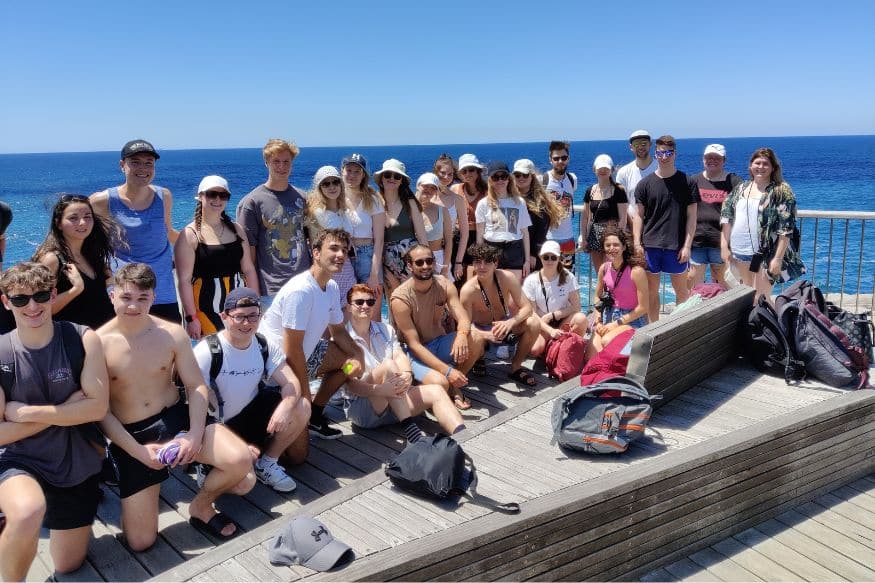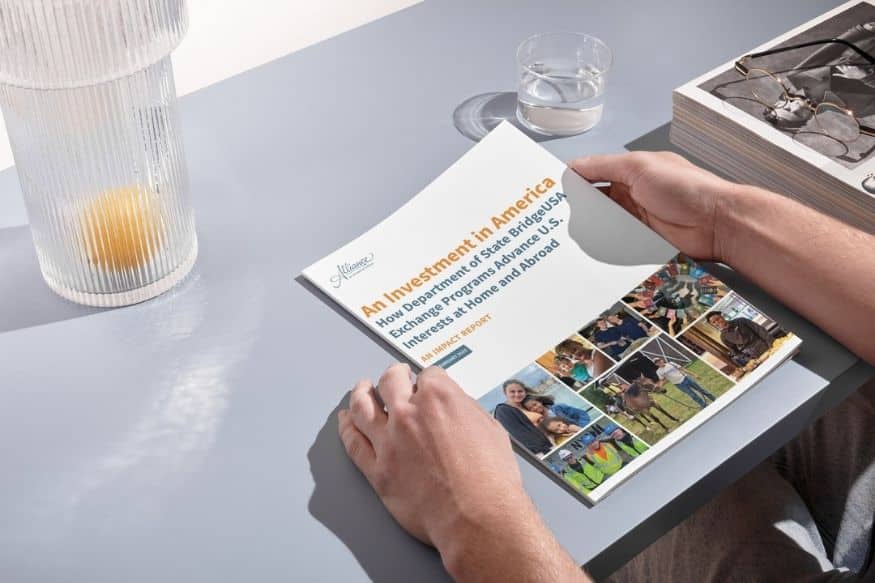For U.S. citizens dreaming of living and working abroad, Working Holiday Visas (WHVs) and similar exchange programs offer an exciting pathway to international experience. These unique visas blend travel opportunities with the chance to earn income, creating an ideal bridge between tourism and professional development.

1. The Working Holiday Visa Has Rich Historical Roots
Working Holiday Visas emerged in the 1960s, intended to strengthen cultural ties between countries while providing young people opportunities for personal growth through international work experience. Over the last six decades, the popularity of these programs has grown immmensely.
- As of February 29, 2024, Australia had 181,216 active Working Holiday visas.
- In 2023, Canada issued 94,294 invitations for Working Holiday visas under the International Experience Canada (IEC) program.
- In the 2022/23 financial year, New Zealand approved 44,368 Working Holiday visas.
- As of 2023, there were 65,527 Working Holiday visa holders in South Korea.
2. U.S. Citizens Have Access to Select Programs
While U.S. citizens have fewer Working Holiday Visa options compared to some other nationalities, several appealing destinations welcome American participants:
- Australia offers the Work and Holiday visa (subclass 462) to U.S. citizens, without restrictive visa caps. This program allows Americans aged 18-30 to work and travel in Australia for up to 12 months, with possibilities for second and third-year extensions through qualifying work in specified industries.
- Canada welcomes U.S. citizens through the International Experience Canada (IEC) program if they apply through a Recognized Organization (RO). InterExchange partners with the RO SWAP Working Holidays to offer Work & Travel Canada.
- Ireland stands out as a particularly accessible option through their Working Holiday Authorization program.
- New Zealand’s Working Holiday Scheme provides 12-month visas for Americans aged 18-30.
- South Korea’s H-1 visa program offers unique opportunities in Asia, while Singapore’s Work Holiday Pass targets university students and recent graduates.
3. Application Success Rates Are Very High
Most Working Holiday Visa programs for U.S. citizens boast high approval rates when applicants meet basic eligibility requirements. Ireland’s program reports approval rates exceeding 90% for properly submitted applications. And because the IEC program applicants are vetted by a Canadian government-approved Recognized Organization program before applying, roughly 99% of InterExchange candidates are approved.
4. The Application Process Is Straightforward
Each country structures its application process differently, but most follow a similar pattern:
- Online application submission
- Proof of sufficient funds (typically $2,000-5,000)
- Valid passport with at least one year remaining
- Check criminal record
- Basic health insurance coverage
- Return ticket or proof of funds to purchase one
Processing times vary by country but generally range from 2-8 weeks. Ireland’s program often processes applications within 15 business days, while New Zealand typically takes 20-25 working days. For Canada’s IEC program, candidates must first be nominated by a Recognized Organization to receive an invitation to apply before submitting their work permit application, with processing times typically ranging from 4-8 weeks after receiving an invitation. Australia processing times can vary seasonally, but very quick approvals have been seen: ranging from one business day to one month!
5. Diverse Career Opportunities
While Working Holiday Visas were traditionally associated with casual hospitality and farm work, today’s programs accommodate a broader range of professional opportunities. Participants frequently secure positions in:
- Digital marketing and technology
- Teaching and education
- Professional services
- Healthcare support roles
- Creative industries
- Startup environments
Many employers value the fresh perspectives and international experience that Working Holiday Visa holders bring to their organizations. Some participants have even transitioned their temporary positions into long-term career opportunities through employer sponsorship.
6. Age Restrictions Vary by Country
Understanding age limits is crucial when planning a Working Holiday experience:
- Australia: 18-30 years (up to 35 for some nationalities, but 30 for U.S. citizens)
- Canada (IEC): 18-35 years
- Ireland: 18-35 years
- New Zealand: 18-30 years
- Singapore: 18-25 years (must be a student or recent graduate)
- South Korea: 18-30 years
Some countries offer extensions or special provisions. For example, Ireland allows participants to apply up until their 35th birthday, providing more flexibility for mid-career professionals seeking international experience.
7. The Experience Goes Beyond Work
Working Holiday Visa holders consistently report that the experience delivers more than just professional development.
The program typically allows participants to:
- Develop international professional networks
- Gain cross-cultural communication skills
- Experience daily life in another culture
- Travel extensively within their host country
- Build lasting friendships and connections
Particularly noteworthy is the flexibility these visas offer—participants can work for multiple employers, take breaks for travel, and generally structure their time abroad according to their preferences.
Other experiences you can have abroad on a WHV program
- Taking a class: Most WHVs allow you to take several months of courses, so you can keep learning abroad!
- Volunteering: It’s a great way to meet people and explore a new field.
- WWOOFing: Worldwide Opportunities on Organic Farms is a fun way to work for room and board and experience beautiful farmland!
- Networking: Use the time to learn more about a potential career field by asking for informational interviews with local professionals.
Planning Your Working Holiday Experience
If you’re considering a Working Holiday Visa, start planning at least six months before your intended departure. This timeline allows for:
- Researching specific country requirements
- Saving sufficient funds
- Gathering necessary documentation
- Arranging accommodation and initial job prospects
- Securing appropriate insurance coverage
Remember that while Working Holiday Visas typically last 12 months, some countries offer extensions under certain conditions. This can provide additional time to explore opportunities and build meaningful connections in your host country.
The Working Holiday Visa represents a unique opportunity for U.S. citizens to combine professional development with cultural immersion. While the number of participating countries remains limited for U.S. passport holders, the available programs offer rich experiences and high approval rates for qualified applicants. Whether you’re a recent graduate seeking international experience or a young professional looking for a career-enriching adventure, Working Holiday Visas provide a short term deep dive into a new culture and life-changing experiences



















